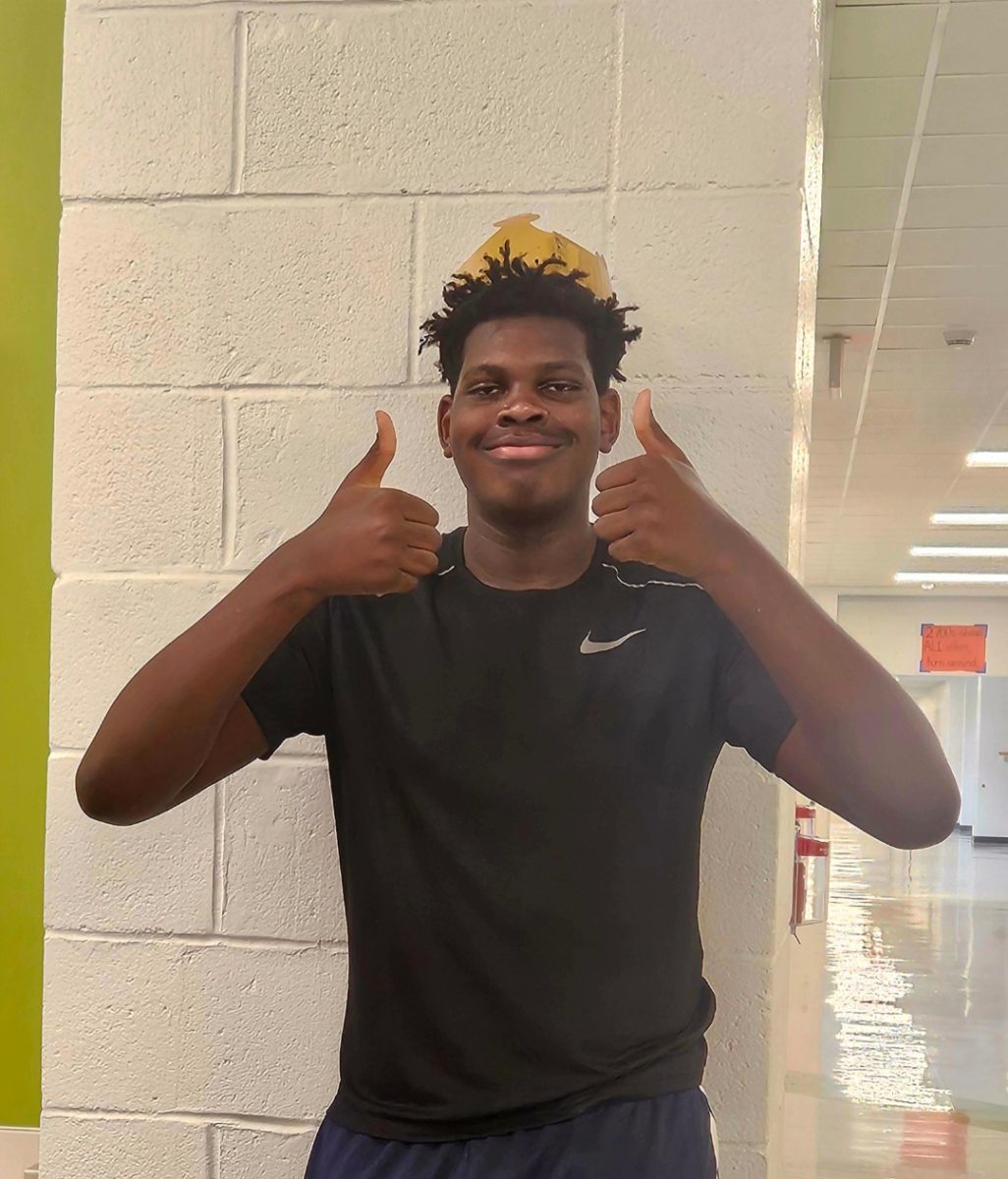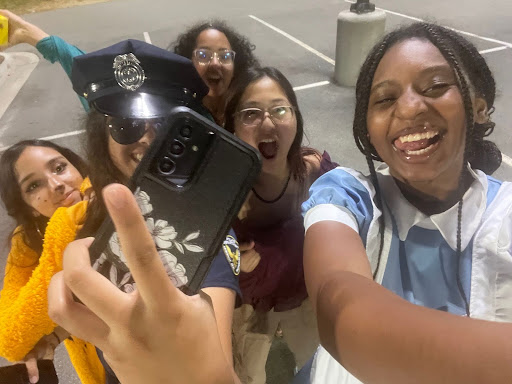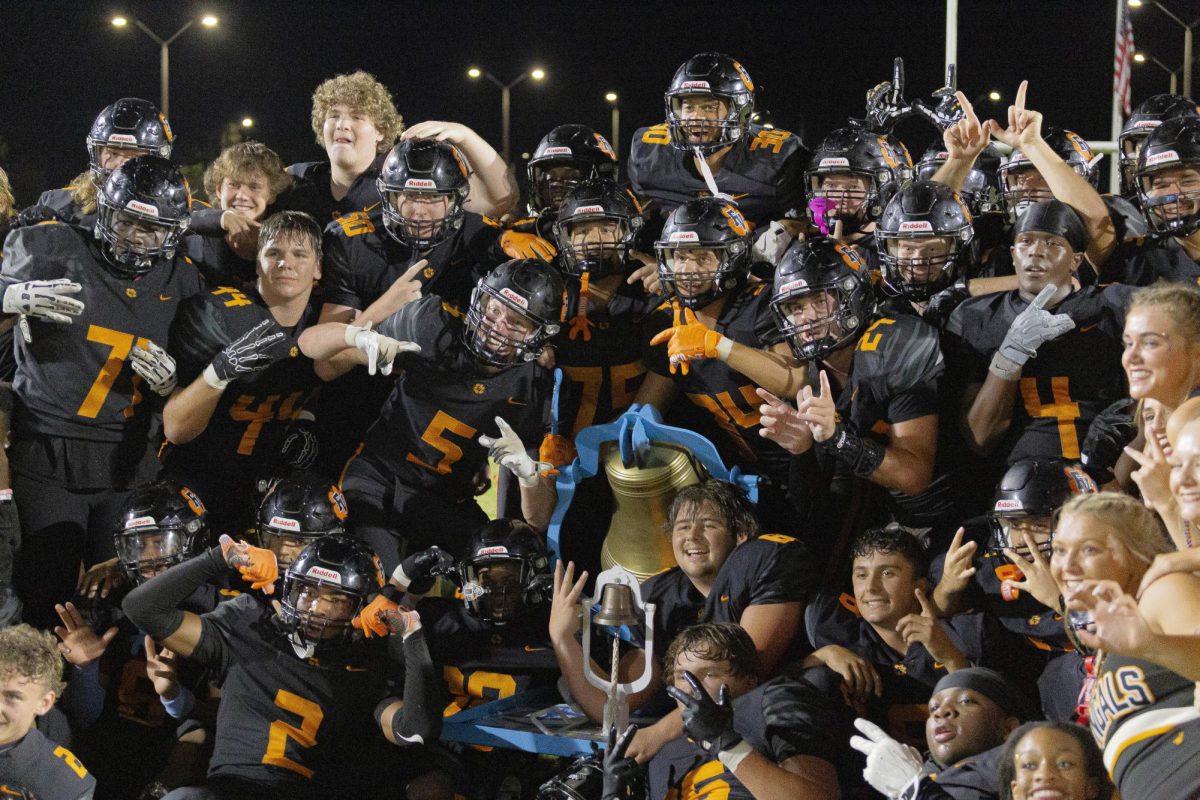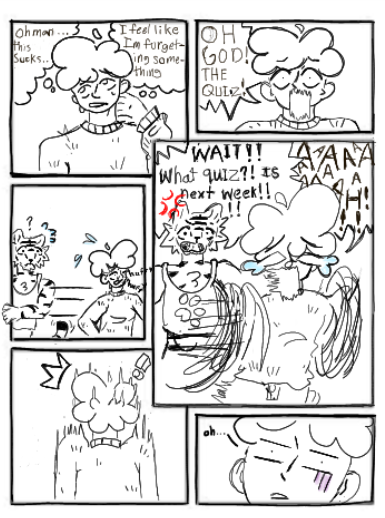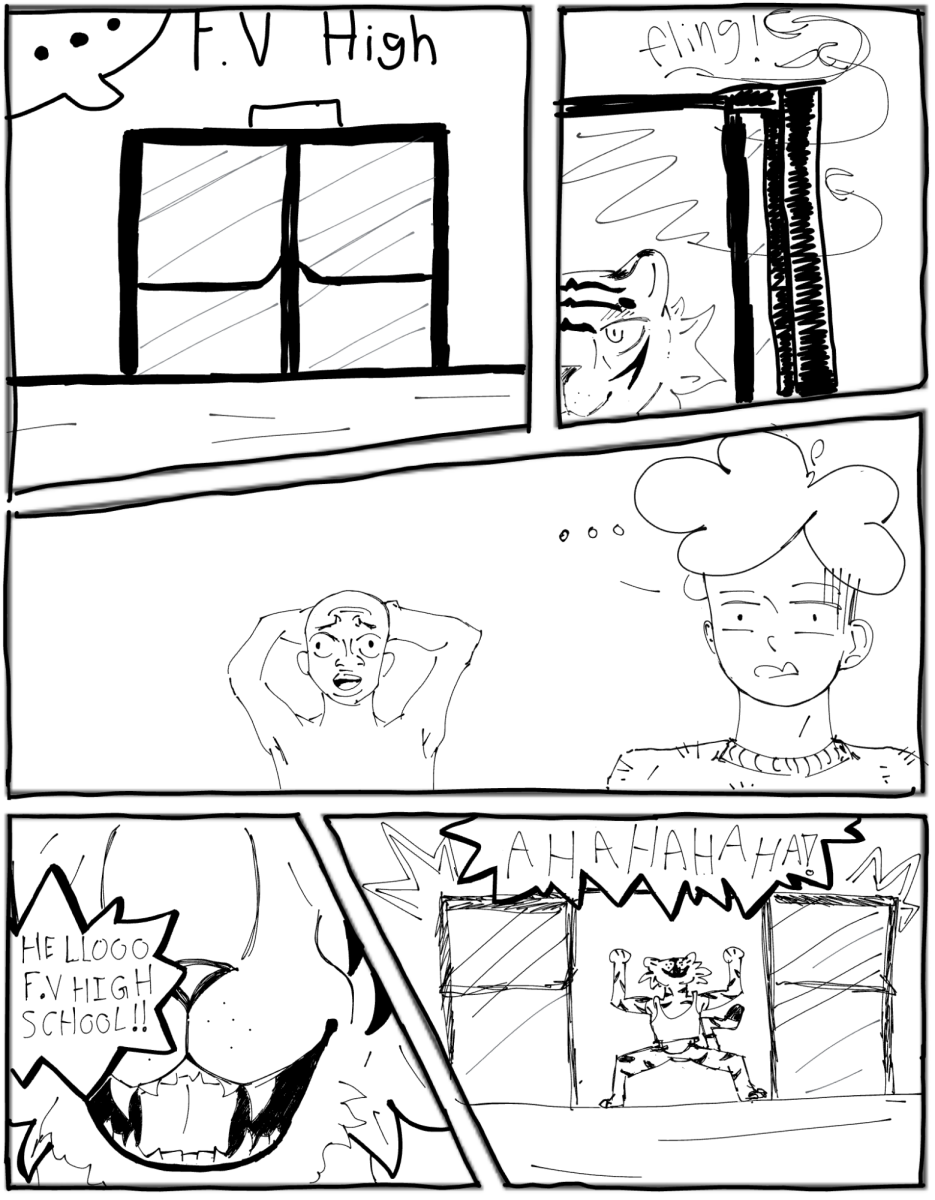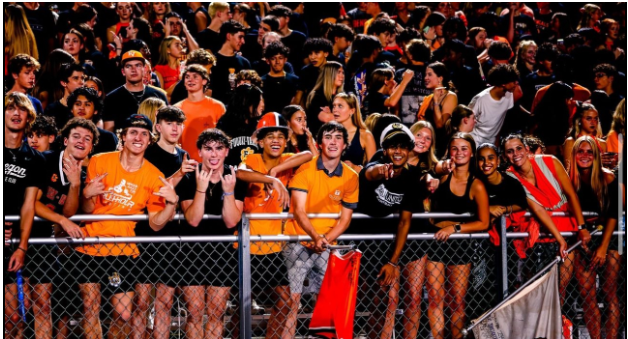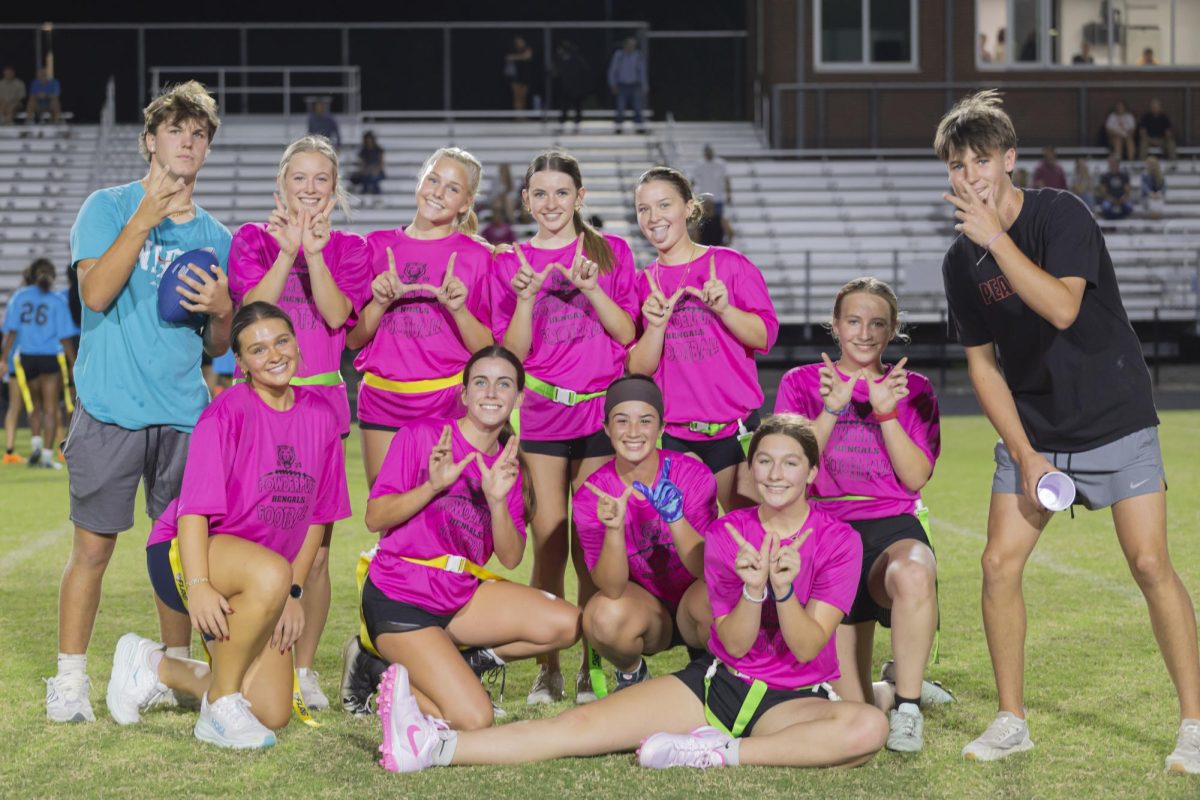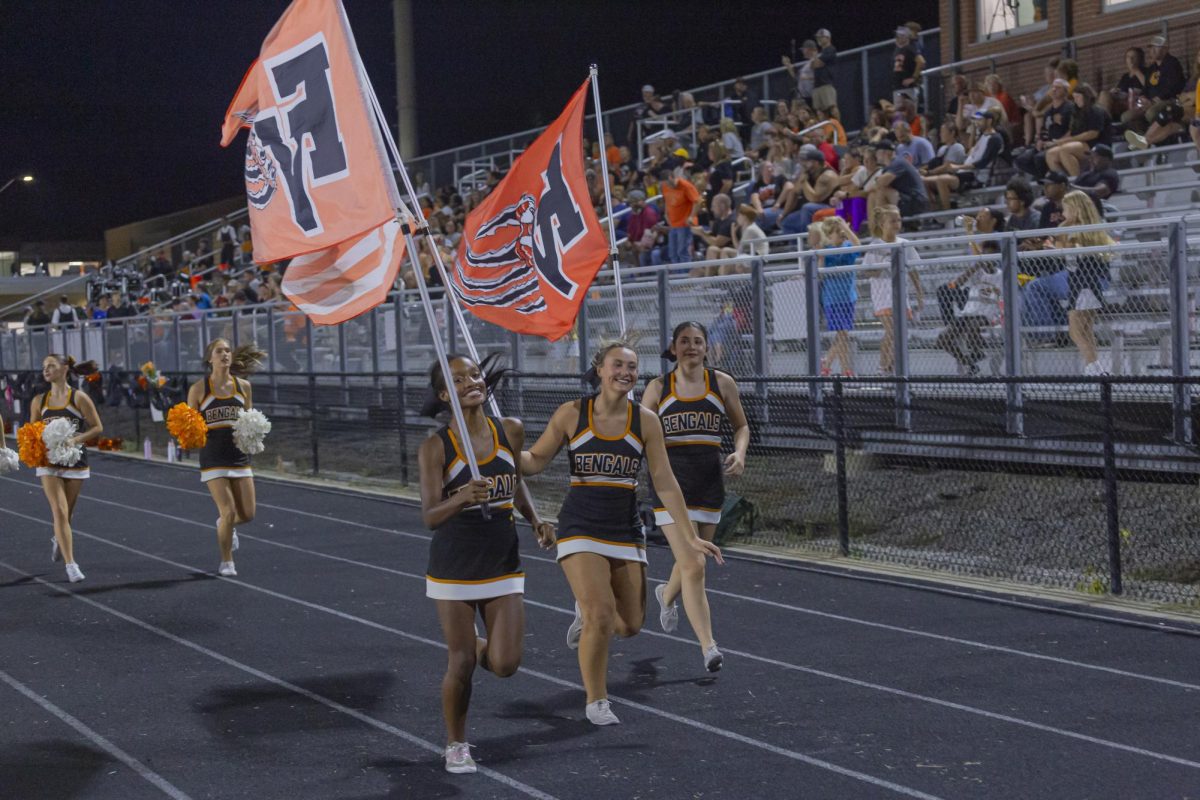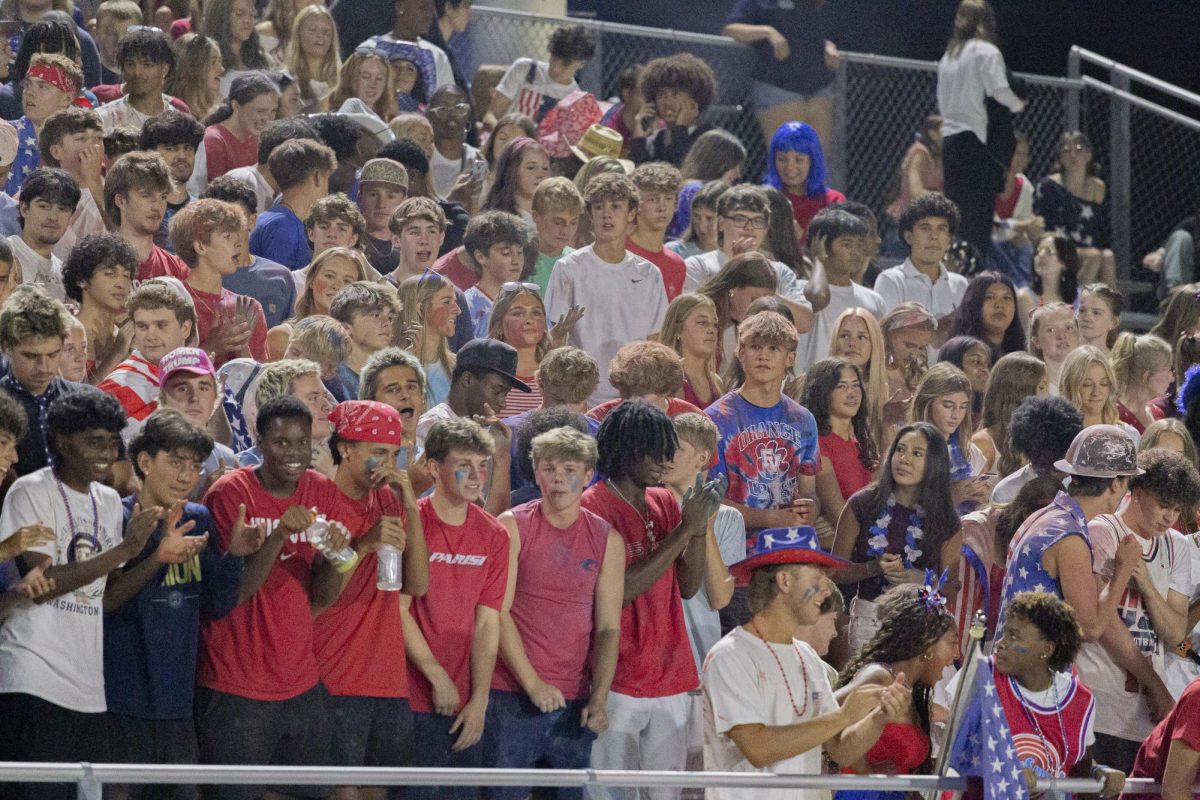Game day is more than just competition; it’s a celebration of teamwork, sportsmanship and community. But alongside athletic performance, one often overlooked factor plays a crucial role in shaping the experience for players, coaches and fans alike: game day etiquette.
From youth leagues to professional arenas, adhering to proper etiquette isn’t just about following unwritten rules. It’s a reflection of respect, integrity and the values that make sports a powerful unifier.
At its core, game day etiquette is about showing respect for everyone involved in the event. Whether it’s shaking hands before and after a game, acknowledging an opponent’s skill or refraining from taunting, these small actions uphold the spirit of healthy competition. Athletes who practice respect set the tone for a game that prioritizes fairness over hostility.
“It’s good to be competitive, but you can still be competitive while showing good sportsmanship,” said senior Jake Altman. “In the end we are all just playing a game we love.”
A team’s reputation goes beyond the win-loss record. It’s shaped by how players, coaches, and even fans conduct themselves. Poor etiquette, such as unsportsmanlike behavior or sideline outbursts, can tarnish a team’s image and overshadow athletic achievements. By upholding high standards, teams create a culture of professionalism and pride that resonates far beyond the game.
This is especially true for school sports, where athletes represent not just their team but their entire school community.
“It’s important to keep the team image reputable off the court and on the court, especially when we are wearing our Fuquay gear, because we are the faces of our team,” said senior Nathan George. “How you act off the court is the impression that everyone gains, and it’s how everyone perceives the team outside of basketball.”
Game day etiquette isn’t just for players; it extends to the sidelines as well. Cheering positively, respecting officials’ calls and avoiding disruptive behavior creates an enjoyable atmosphere for everyone. When fans demonstrate respect, they model good behavior for younger spectators and contribute to a more unified community.
Additionally, when teams and fans maintain proper etiquette it reduces conflicts, keeping the focus on the game itself. This helps build a supportive environment where players can perform their best without unnecessary distractions.
“Sportsmanship keeps the sport enjoyable for everyone,” said senior Brittian Verdier. “It creates an environment where everyone can have fun and focus on what they need to win.”
Young athletes learn by example. When coaches, parents and teammates consistently prioritize etiquette, they instill lifelong lessons about discipline, humility and the importance of character. These values often extend beyond sports, shaping how athletes approach challenges in school, work and relationships.
Game day etiquette is not just an optional courtesy; it’s an essential element of sports that defines what it means to truly love the game. By fostering respect, building positive reputations, and setting examples for future athletes, it ensures that sports remain a force for connection and growth.
Commitment to game day etiquette is a reminder of what makes sports truly meaningful: character, not just competition.




